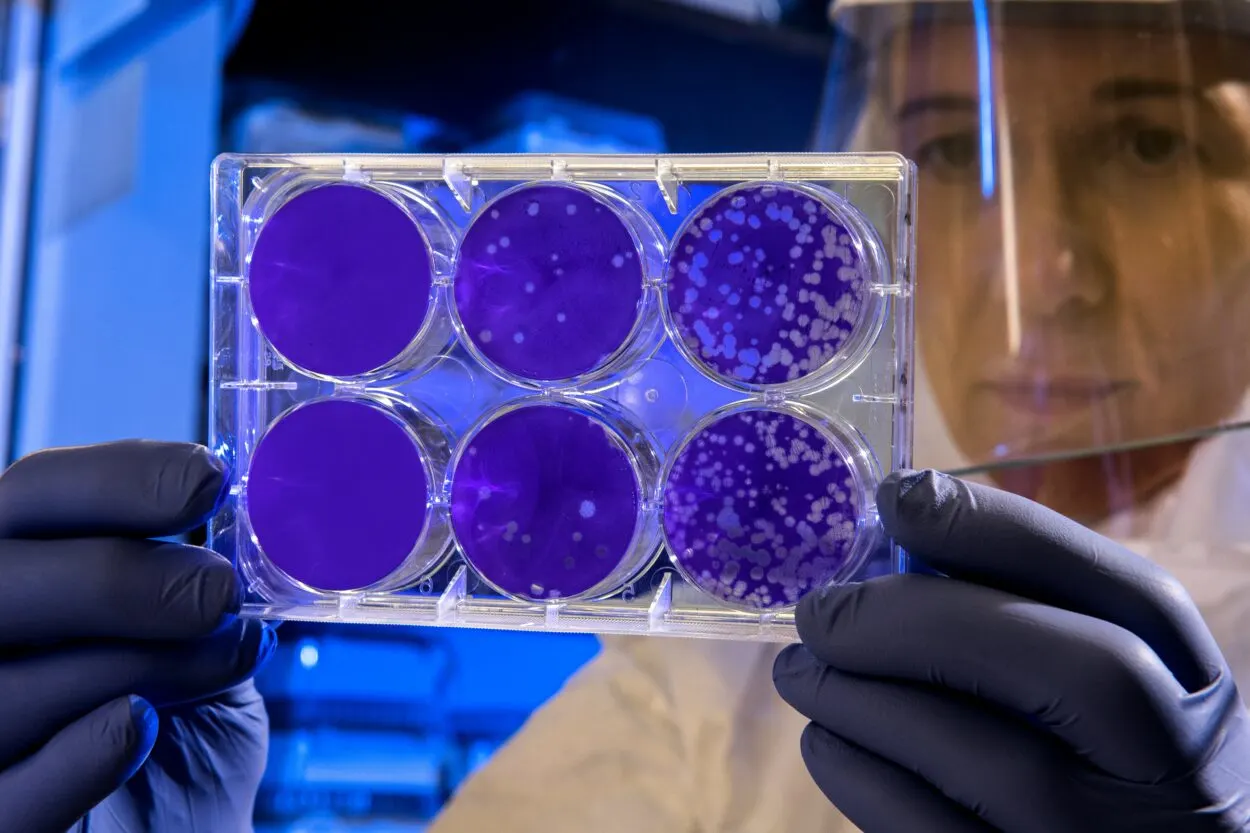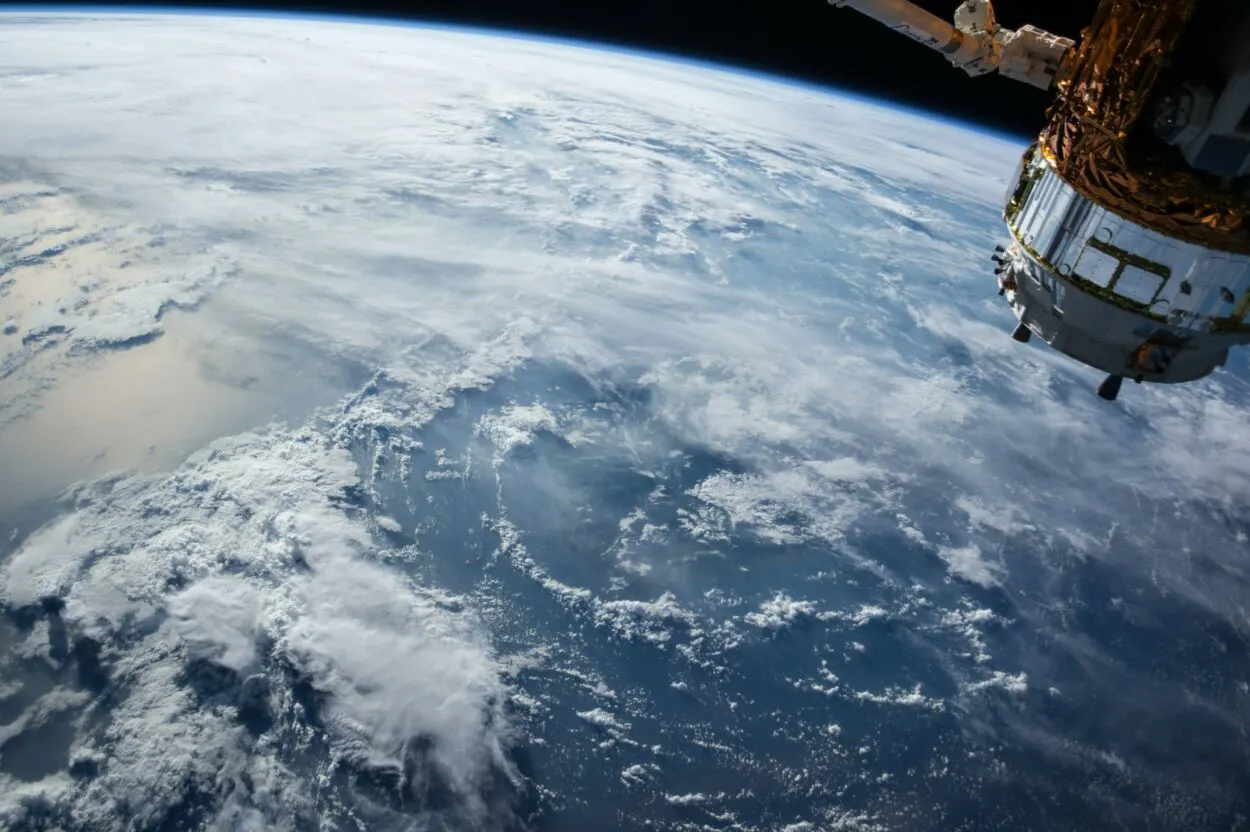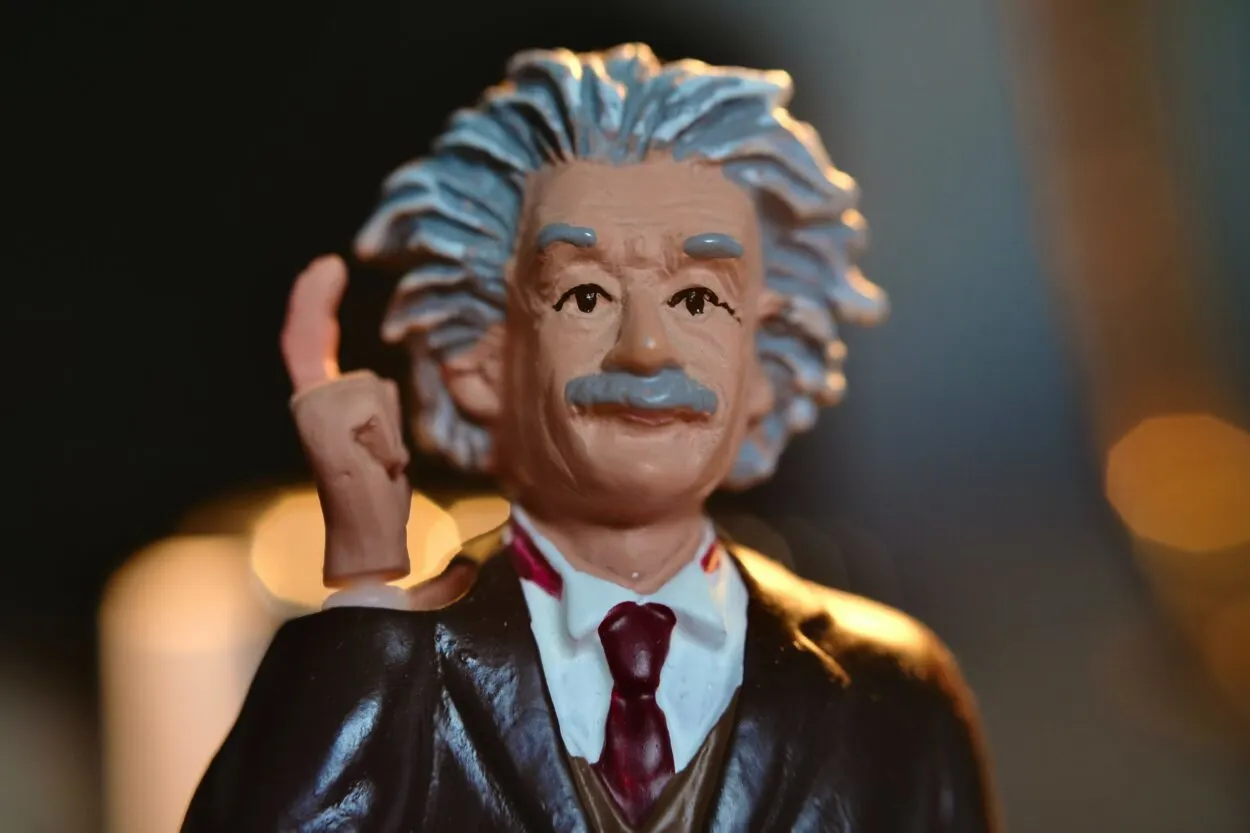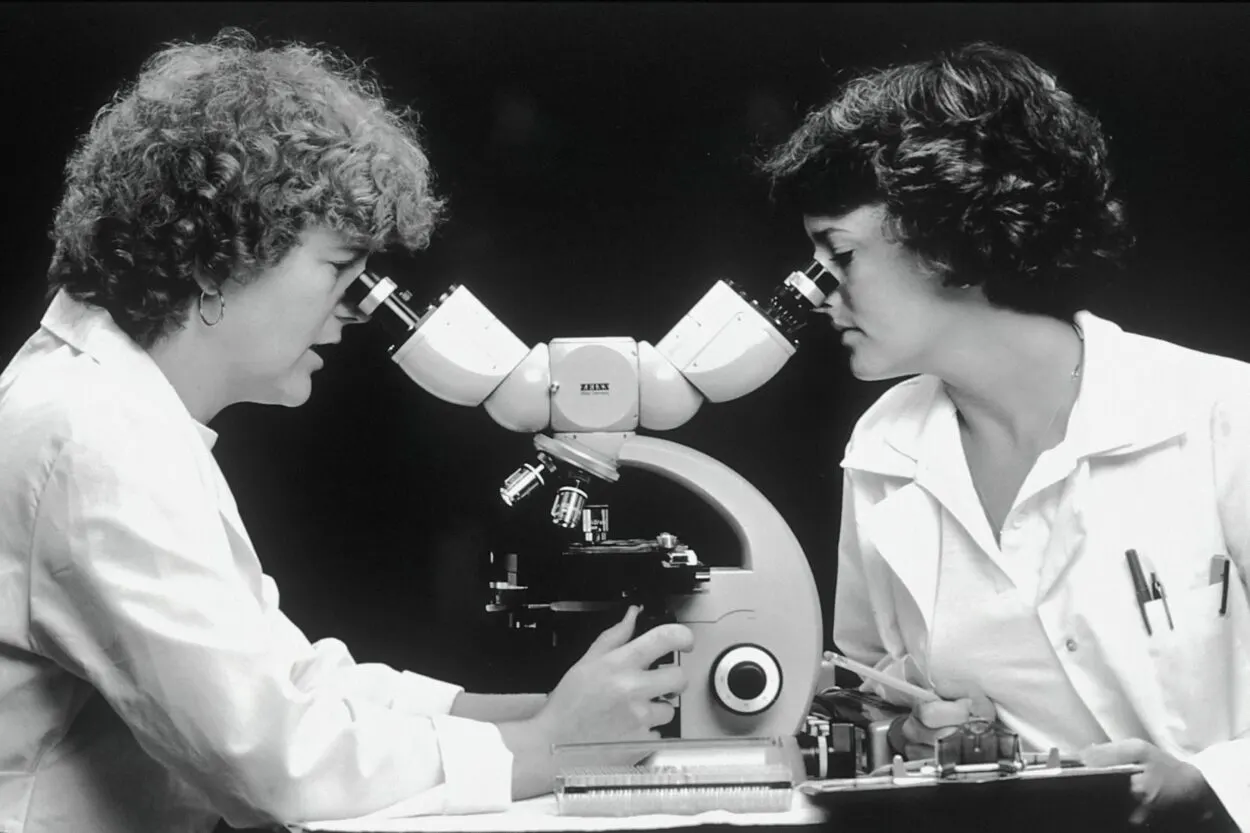A hypothesis is an explanation that is proposed for a phenomenon. If a hypothesis has to be scientific, the scientific way needs that it can be tested. Scientists basically base their hypotheses on prior observations that the available scientific theories can’t explain.
A scientific theory on the other hand, is an explanation of an aspect of the natural world or the universe which is tested and corroborated according to scientific ways. In situations where theories aren’t amenable to experimental testing, those theories will be evaluated through the principles of abductive reasoning.
One must keep in mind that even though ‘hypothesis’ and ‘theory’ are usually used interchangeably, both aren’t the same.
The difference between a hypothesis and a scientific theory is that a hypothesis is an assumption that is made prior to any research which has to be done. The hypothesis is tested in order to see if it is true or not. A theory is a principle that has to be formed in order to explain the things that are shown in data.
Here is a table for the differences between hypothesis and scientific theory:
| Hypothesis | Scientific Theory |
| A proposed explanation that explains a natural phenomenon, is not verified | Ideas that explain a natural phenomenon, backed by evidence |
| Aren’t scientifically tested or proven | Scientifically tested and proven |
| It’s based on less information or data | It’s based on a wide range of information and data |
Keep reading to know more.
What is a scientific theory?

A scientific theory explains an aspect of the natural world or the universe, the explanation is tested and corroborated according to the methods of science. In everyday speech, theory refers to an explanation that is a representation of an unsubstantiated and speculative guess. However, in science, the theory describes an explanation that is tested and is accepted as valid.
A scientific theory is different from a scientific fact and scientific law. A fact is merely a basic observation, while a law is a statement. Stephen Jay Gould wrote that “Facts are the world’s data, while theories are structures of ideas which explain and interpret the facts.”
Learn the differences between fact, theory, hypothesis, and laws through this video.
A scientific theory can be rejected if it’s unfit for the new findings. Many well-established theories are unlikely to be ever changed, such as evolution and cell theory.
Scientific theories are very much testable and can form falsifiable predictions. Theories explain the cause of a certain natural phenomenon, they are also used to describe as well as predict particular aspects of the universe. Like other types of scientific knowledge, a scientific theory is deductive as well as inductive, which aims for predictive and explanatory power. Moreover, Scientists often utilize theories for further scientific information, and also to provide advancements to technology or medicine.
Furthermore, two types of scientific theories were described by Albert Einstein: “Constructive theories” and “Principle theories”. Constructive theories are the constructive representation of phenomena, such as kinetic theory. Principle theories, on the other hand, are empirical generalizations, for example, Newton’s laws of motion.
What is an example of a theory in science?

The world is full of theories, and some unbelievable theories are true as a theory is formed to explain the things that exist.
Here are some popular examples of theories in science:
- Big Bang Theory
- Theory of Evolution
- Quantum Field Theory
- Hubble’s Law of Cosmic Expansion
- Universal Law of Gravitation
- Newton’s Laws of Motion
- Laws of Thermodynamics
- Archimedes’ Buoyancy Principle
What does a hypothesis mean?

A hypothesis is often tentative, an assumption or suggestion that is formed strictly for the sole objective of being tested. A hypothesis is an explanation for a phenomenon. A hypothesis is based on prior observations that couldn’t be explained with the scientific theories already available.
The meaning of the adjective “hypothetical” is “Possessing the nature of a hypothesis” or “Assuming to exist as an immediate result of a hypothesis”.
People often refer to a hypothesis as an “educated guess” as it provides an outcome that is based on the evidence. Although, there are several scientists who reject the term “educated guess”. Moreover, experimenters have the right to test and reject the hypothesis prior to solving the problem.
Researchers, while weighing up alternative hypotheses, will take into consideration:
- Testability.
- Parsimony.
- Scope: The evident application of the hypothesis to several cases of phenomena.
- Fruitfulness: the likelihood of a hypothesis to explain phenomena.
- Conservatism: It’s the degree of “fit” with the existing known knowledge systems.
How do I write a hypothesis?

There are 6 steps that one has to follow to write a plausible hypothesis. Here is all the information that you would need.
- Ask a question
Curiosity has been the inspiration for many of history’s greatest scientific achievements, so the best place to begin is to ask yourself questions about the world as well as the universe. Why are things the way they are? You must choose a research topic that is interesting to you, and your curiosity will come naturally.
- Conduct preliminary research
Gather all the background information on your research topic. How much background information you require depends on what you are attempting and what topic you chose. You might need to read several books, or it could be as simple as doing a web search to get quick answers. At this stage, you don’t necessarily need to prove or disprove your hypothesis, you merely need to gather the information that you require in order to prove or disprove it yourself. You must know first if you are right in proving or disproving this hypothesis.
- Define your variables
Once you have decided what your hypothesis will be, you will have to select variables that are independent and which are dependent. Always keep in mind that independent variables are the factors that you have absolute control over. Therefore, consider the limits of your experiment before you finalize your hypothesis.
- Phrase it as an if-then statement
While you write your hypothesis, phrase it by using an if-then format, for example, “If I water a plant every day, then it will grow better.” This format may be tricky while dealing with multiple variables, however, generally, it’s a reliable way of expressing the cause-and-effect relationship that you’re testing.
- Collect data to support your hypothesis
A hypothesis is a means to an end. The prime concern of any scientific research is the conclusion. Once you are done with all 4 steps, you can start with your experiments. You will be gathering data to support your hypothesis. However, if your research turns out to prove it wrong, then don’t worry, as all this is a part of the scientific method.
- Write with confidence
Lastly, you would want a record of your findings in a research paper for other people to read. Write the research paper and be proud that you made it to the last step.

To Conclude
- The hypothesis is a tentative explanation needing scientific testing.
- Scientific Theory is backed by evidence. It is an extensively tested explanation.
- The hypothesis is untested. On the other hand, the Theory is based on existing data.
- Hypotheses need more testing. And theories encompass broad data.
- Scientific theories change, e.g., the Big Bang and the Theory of Evolution.
- The hypothesis can be defined as an “educated guess” to be tested.
- Constructing a hypothesis involves questioning, researching, defining variables, and gathering data.
- Hypotheses explain your predictions. And the theories explain natural aspects.

